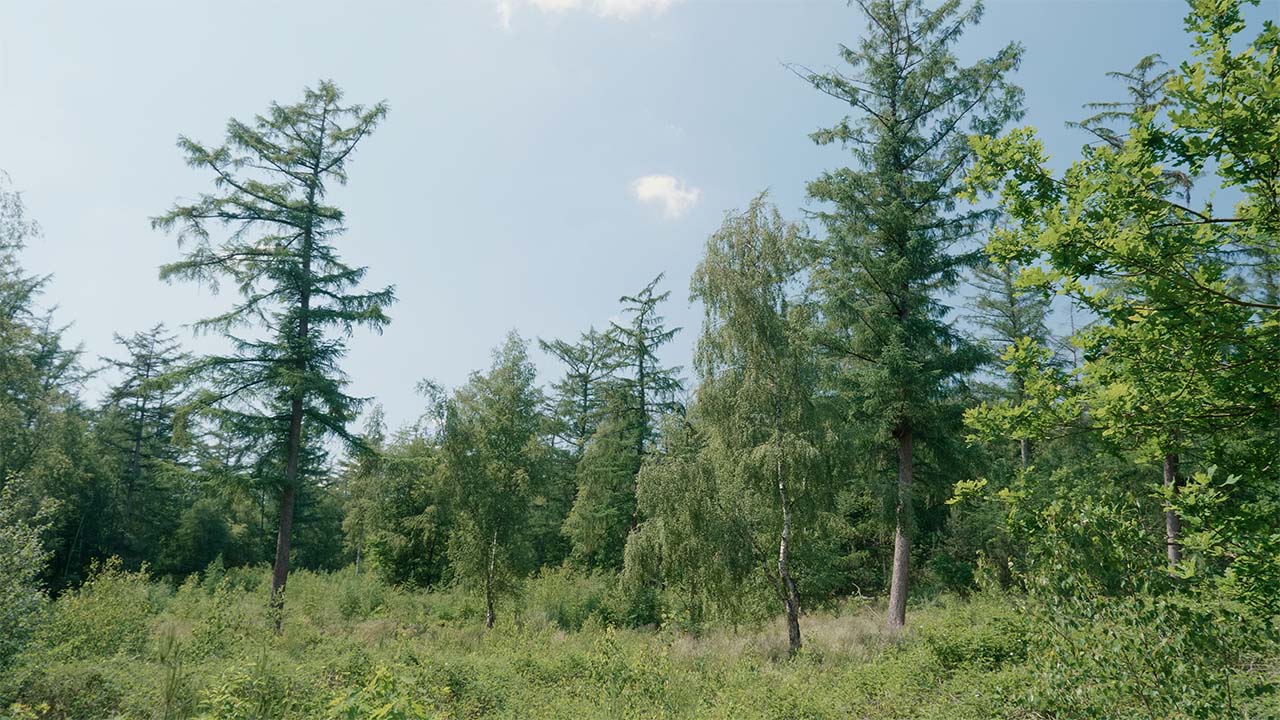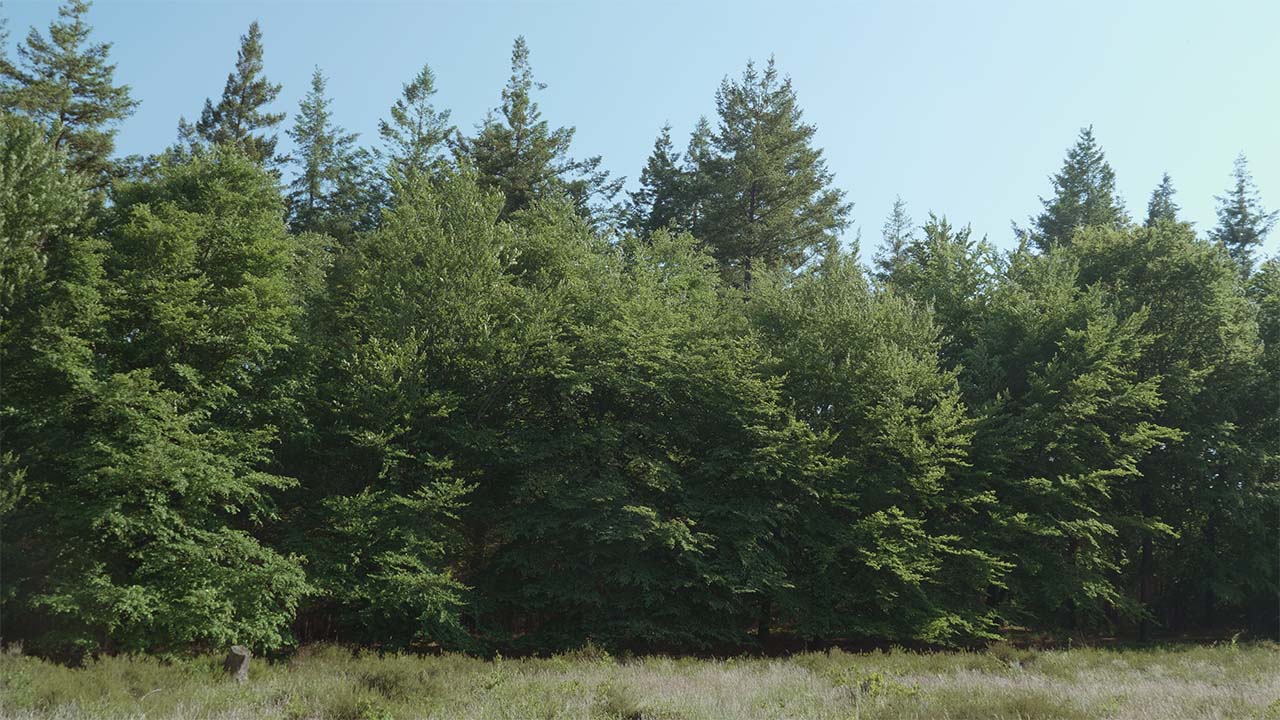The blind point
by Dario di Paolantonio
When one takes into consideration the point of view of another living being, the world changes completely. New connections are created. The bundle of relations depends on the perspective assumed, by which a unique order of things emerges. This entails that each creature moves in a unique world, like all the other animals that swarm in the meadow: their surroundings are different from the ones that we see, and we don’t share and experience the same space and time.
No one is, rather everyone and everything becomes, and is part of the becoming. Differences and identities, borders and connections, all emerge from the standpoint assumed. The worlds are not sealed bubbles but have blurred borders. There is nothing independent of everything else: living beings are better described in terms of blocks of becoming, relational multiplicities, or ephemeral motifs in a symphonic stream.
To approach a different world, the space of the other is a risky business. It means to entangle the world one is inhabiting with another world, without flattening the differences with the tools of representation or imagination. The position of one's own perspective and the relations in play don’t have to be abandoned or completely dissolved. There is a constant tension, then, between the blurring of boundaries and the retention of difference. In negotiating and sustaining this tension, what it means to be alive, or a human, changes profoundly.
“Representation fails to capture the affirmed world of difference. Representation has only a single-center, a unique and receding perspective, and in consequence a false depth.”
- Gilles Deleuze, Difference and Repetition
“Images or representations are not snapshots or depictions of what awaits us but rather condensations or traces of multiple practices of engagement.”
– Karen Barad, Meeting the universe halfway
“In that realm beyond the human, processes, such as representation, that we once thought we understood so well, that once seemed so familiar, suddenly begin to appear strange.”
- Eduardo Kohn, How forests think
Looking closer at the world of the tick, the eyeless blood-sucking parasite, we are asked to adapt our perspective to a weird realm of nature, one that nevertheless shapes us. At this scale we stumble across an uncanny realization: we are no less alien to each other than we are to ourselves. The tick’s world seems odd to us and hard to conceive, but the human being might be quite unfamiliar as well.
A philosophical reflection through the lens of the microscopic perspectives, The Blind Point ponders on the limits of imagination and representation. Dario di Paolantonio’s visual essay questions the separation that is drawn between humans and non-humans, by taking the viewer through a walk in the forest, or following a tick crawling on the skin.
From which perspective?
Dario di Paolantonio is a writer, researcher, and filmmaker. He tackles philosophical questions by inquiring into contemporary issues, focusing on media landscapes and the worlds beyond humans. Drawing from metaphysics, semiotics, and literature, he builds his conceptual frameworks with different techniques, in the form of video essays and strong narratives. He graduated in 2021 with a Master in Non-Linear Narrative from the Royal Academy of Art, The Hague.





